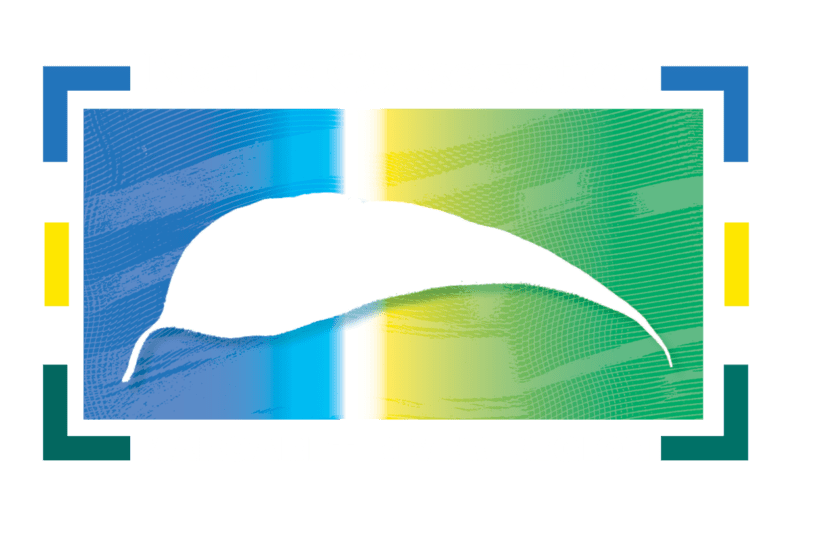- Home
-
Our Work
- People for Nature
- Giant Light Steps
- Environmental Education
- Conserving the Margaret River
- Coordinated Weed Control
- - Arum lily Blitz
- Managing Bushland for Wildlife
- Threatened Species Protection
- - Western Ringtail Possums
- - Black Cockatoos
- - Margaret River Hairy Marron
- - SW Masked Owls
- Caring for Coast
- About
- News & Events
- Resources
-
Get Involved
- Stay Informed
- Ways You Can Help
- Become A Nature Conservation Volunteer
- Become A Citizen Scientist
- Join A Community Or Friends Group
- For Nature Landowner Stewardship Program
- - For Nature: Find Inspiration
- - For Nature: Gain Knowledge
- - For Nature: Make Connections
- Learn About The Environment
- Report What You See
- Join & Donate
- Contact
New app to boost nature and biodiversity
Nature Conservation Margaret River Region today launches a new mobile phone app that turns locals into citizen scientists and helps boost nature and biodiversity in our region.
Everyone is urged to download the free Fieldbook app, which allows people to record target invasive weed species they see in any area of bushland, national park, road verge or reserve in the region.
More than 13 weed species can be reported, including arum lilies and all the highest priority non-native weedy weed trees that are a major conservation concern across the Margaret River region.
To help with the launch of the app and its success, Nature Conservation will be running a series of free community workshops in coming months to help locals learn to identify some of the more common weeds in our region. The workshops will include a session on installing the app, collecting data in the field and how to identify target species.
The information collated by Nature Conservation will be shared with community groups and government departments to help map infestations and identify priority areas. Weed mapping is also important to identify the extent of weed infestations, and zero in on threats to high priority areas.
“We’re really excited. The Fieldbook app will enable us to get weed mapping data across the whole region that will lead to good decision making and priority setting, and assist with long term monitoring,” says Nature Conservation’s biodiversity officer Peta Lierich. “An easily accessible app being used by many people means rapid detection of invasive species infestations when they’re small and can be more easily tackled.”
View our handy how-to guide HERE for detailed, easy-to-understand instructions to install the app.
Community groups including the Friends of Barrett Street Reserve and Nature Conservation’s Friends of Wooditjup Bilya are already using the app to record any weed sightings. Staff from the Margaret River Busselton Tourism Association’s Capes Foundation are also using the app. And local ecotourism business Cape to Cape Explorer Tours has already come on board too, with its tour guides soon to be using the app to record any weeds sighted on or near the Cape to Cape Track.
“We’re urging everyone in the community to get involved, particularly if you get out and about recreationally in our bushland and national park areas,” Ms Lierich says. “The app is an important tool to engage our community, generating interest and encouraging involvement in conservation.”
The data collected from the app will also help Nature Conservation fight for funding and resources to do more in the conservation space, she said. “Plus, it will help us argue the case for environmental weed control on public land and lobby government departments to take responsibility. And it will provide these organisations with a valuable resource for priority setting and monitoring,” Ms Lierich says.
“It’ll also help with discussions with politicians and decision-makers. With our environment facing threats on all fronts and climate change starting to take a toll, there has never been a more important time to get involved with local, hands-on conservation like downloading this app, learning to identify weedy species, and uploading the info via the app.”

